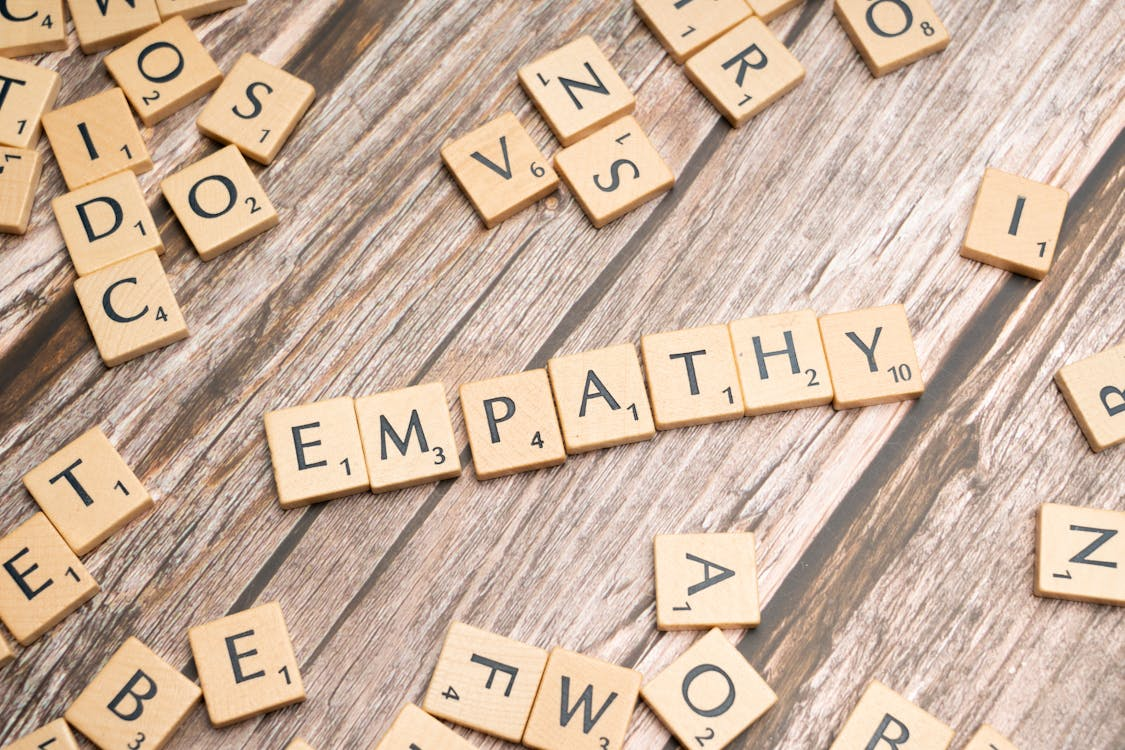The Power of Unconditional Love in Parenting

|
Getting your Trinity Audio player ready...
|
Introduction
Parenting is a journey filled with joys and challenges. As parents, we strive to provide the best for our children and help them grow into confident, happy individuals. One of the foundational elements of positive parenting is understanding and practicing unconditional love.
Defining Unconditional Love
Unconditional love is a term often heard but not always fully understood. At its core, it means love without conditions or limitations. It’s the type of love that embraces your child for who they are, irrespective of their behavior, achievements, or circumstances. It’s love that remains steadfast, even when faced with mistakes or challenges.
Why Unconditional Love Matters
The incredible significance of giving a child unconditional love should never be underestimated when thinking about their emotional growth and development. This type of love is a crucial factor in helping a child grow up. Unconditional love provides a child with a feeling of safety and assists them in building a lasting sense of self-value. Here is why is matters:
1. Fosters Security
Children feel secure when loved unconditionally; they know they are accepted for who they are, allowing them to relax and be themselves without judgment. This freedom enables them to express themselves more naturally.
2. Boosts Self-Worth
When children feel unconditional love, they develop a strong sense of self. They come to understand that they are cherished for simply being themselves. This diminishes the likelihood of them seeking validation from external sources, as they already have an inner belief in their inherent worth.
3. Builds Trust
When kids feel that their parents love them no matter what, it helps them trust their parents more. They know they can talk about anything without being judged, and that makes the bond between parents and kids even tighter. It’s like having a special connection built on trust and love that lasts a lifetime.
4. Encourages Openness
Children are more likely to share their thoughts, feelings, and problems with parents who demonstrate unconditional love. This open communication strengthens the parent-child bond.
5. Promotes Emotional Health
Research shows that children who experience unconditional love tend to be emotionally stronger and better equipped to handle life’s challenges.
Influence on Decision-Making
A child’s perception of their parents’ feelings can significantly affect their decision-making. When children believe their parents’ love hinges on their choices and actions, it can create pressure. They may prioritize pleasing their parents over making choices aligned with their true desires, values, and critical thinking.
This can limit their ability to make thoughtful decisions, potentially leading to:
- Lack of Autonomy: Struggling to develop independence as they seek constant parental approval.
- Risk Aversion: Avoiding risks, hindering growth and resilience.
- Limited Self-Expression: Suppressing true thoughts and emotions.
- Stress and Anxiety: Fearing emotional consequences of “wrong” choices.
Building a Strong Foundation
Unconditional love provides the cornerstone for building a strong foundation in a child. This foundation extends into adulthood, shaping individuals who become positive and well-functioning members of society. Here’s how:
[Insert Image 9: Parent and Child Working Together]
*Image Caption: A parent and child working together on a project.*
1. Self-Confidence and Resilience
Children raised with unconditional love generally develop a deep sense of self-confidence and resilience. They believe in their abilities and have the emotional strength to overcome challenges.
2. Empathy and Compassion
When children experience unconditional love, they learn to empathize with others and develop a strong ;sense of compassion. They are more likely to treat others with kindness and understanding.
3. Healthy Relationships
The secure attachment formed through unconditional love serves as a blueprint for healthy relationships. As adults, they are better equipped to form strong, loving bonds with others.
Conclusion
Understanding unconditional love is the first step in becoming a more positive and effective parent. It’s about creating an environment where your child feels secure, valued, and free to be themselves. In our parenting journey, embracing unconditional love is a powerful way to nurture strong, loving bonds with our children.
List some ways you show your child unconditional love or list ways you plan to show unconditional love now that you have read this article:
You can print or save this article to keep your responses.
References
- Carroll, J. E., Gruenewald, T. L., Taylor, S. E., Janicki-Deverts, D., Matthews, K. A., & Seeman, T. E. (2013). Childhood abuse, parental warmth, and adult multisystem biological risk in the Coronary Artery Risk Development in Young Adults study. Proceedings of the National Academy of Sciences of the United States of America, 110(42), 17149-53. DOI: 10.1073/pnas.1315458110.
- Deci, E. L., & Ryan, R. M. (2000). The “what” and “why” of goal pursuits: Human needs and the self-determination of behavior. Psychological Inquiry, 11(4), 227-268. DOI: 10.1207/S15327965PLI1104_01.
- Luby, J. L., Barch, D. M., Belden, A., Gaffrey, M. S., Tillman, R., Babb, C., … Botteron, K. N. (2012). Maternal support in early childhood predicts larger hippocampal volumes at school age. Proceedings of the National Academy of Sciences of the United States of America, 109(8), 2854-2859. DOI: 10.1073/pnas.1118003109.
- Belsky, J., & Fearon, R. M. (2002). Early attachment security, subsequent maternal sensitivity, and later child development: Does continuity in development depend upon continuity of caregiving? Attachment & Human Development, 4(3), 361-387. DOI: 10.1080/14616730210167267.










